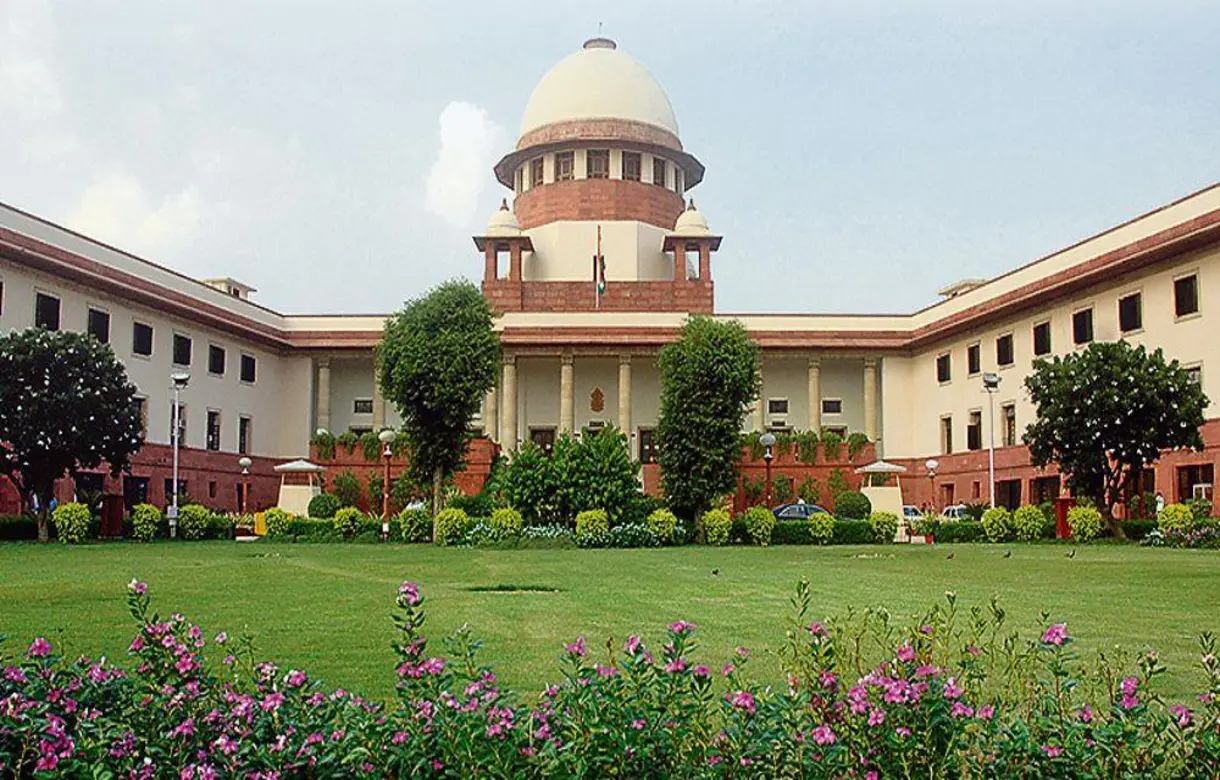The Supreme Court expressed concerns over the non-removal of unauthorized occupations and encroachments on the national highways. The court ordered the National Highways Authority of India (NHAI), to formulate a scheme that will provide for regular inspection of the highways, the establishment of grievance redressal mechanism and taking prompt action based on the complaints reporting unauthorized occupations and encroachments.
A bench of Justice Abhay S Oka and Justice Ujjal Bhuyan stated that the judicial notice will have to be taken of the fact that in different parts of India, there are unauthorized encroachments on highway land.
The court also expressed concern over the non-implementation of the Control of National Highways (Land and Traffic) Act, 2002 while hearing a Public Interest Litigation seeking implementation of the grievance redressal mechanism by the NHAI, whereby people can register their grievances/complaints with the NHAI concerning unauthorized occupations and encroachments on the national highways.
The court added that after carrying out a survey, the Highway Administrations will have to exercise the powers under Section 26 of the NHAI Act for removal of unauthorized occupation to ensure that the highways are clear of encroachments.
Earlier on February 6, the Supreme Court granted one week time to NHAI to file additional documents to suggest that the grievance machinery was created by the NHAI under the NHAI Act, 2002.
When the matter was called on for hearing on February 20, the Supreme Court expressed displeasure with the National Highways Authority of India (NHAI) Administration over the non-implementation of grievance redressal mechanism under the NHAI Act.
The Supreme Court said that after reading the affidavits of the Highway Administrations, one gets an impression that the machinery is available only on paper and there is no effective implementation of the provisions of the 2002 Act.
The Supreme Court expressed concerns over the source of knowing whether there is any unauthorized occupation of highway land. The apex court also found that there is no such machinery created by the authority to ascertain whether there are unauthorized structures or unauthorized occupation of highway land.
Furthermore, the court also expressed concern over the non-implementation of the grievance redressal mechanism for the benefit of the citizens to complain about unauthorized occupation of the highway land, congestion, or other situation contemplated by subsection 2 of Section 31 of the 2002 Act.
The court pointed out that there is no grievance redressal mechanism created for the benefit of the citizens. It explained that unless such a grievance redressal mechanism is developed and wide publicity is given to the existence of the mechanism, the citizens will not have any opportunity to lodge complaints with the Highway Administration.
The court also stressed on the need to carry out periodical surveys of the highways under the jurisdiction of the Highway Administration to ascertain that the highways are kept free of encroachments.
Additionally, the Supreme Court also directed that the Highway Administrations will have to exercise the powers under Section 26 of removal of unauthorized occupation so that the highways are clear of encroachments. The court granted two months to the various highway administrations under the NHAI Act to report compliance with the directions issued by the court.
The court underlined that the role of the central government does not come to an end after appointing various Highways Administrations. The Centre needs to ensure that the Highway Administration’s function effectively and discharge their duties under the 2002 Act, the Supreme Court added. The matter is scheduled for hearing on April 30.


